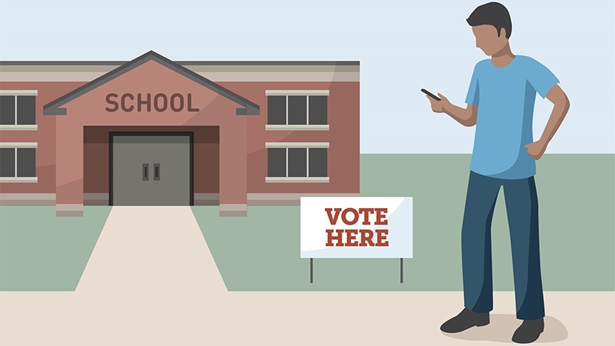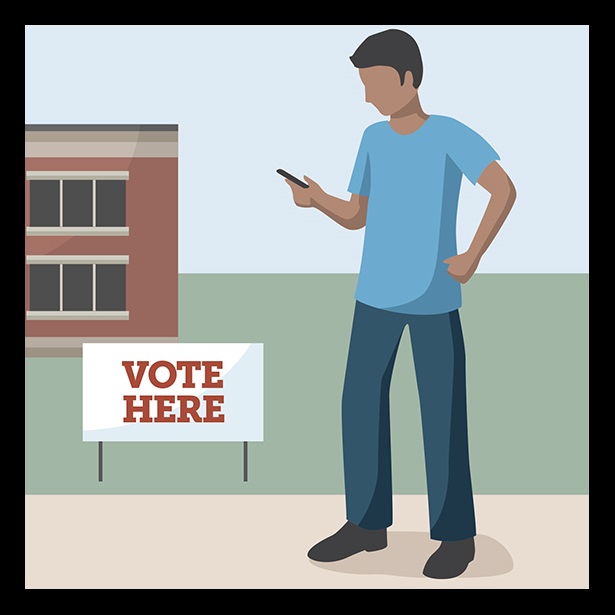How the Voting Information Project Works
The Voting Information Project (VIP), an initiative of The Pew Charitable Trusts, in partnership with Google and the states, ensures that Americans can easily find answers to important elections questions—such as, "Where is my polling place?" "What's on my ballot?" and "How do I navigate the voting process?—where they look for it most: online. Although the official information that voters access is delivered in a simple, easy-to-understand way, the work involved in making sure it is complete, up-to-date, and accurate is complex. Pew has created an infographic that illustrates the VIP process, providing an in-depth look at the four-step method of standardizing, validating, and publishing state election data:
- States collect and package their data.
- VIP processes the data and scans them for errors using its quality-assurance system.
- VIP publishes the data to a secure website.
- The data are processed, tested, and submitted to election officials for review before being released to the public.
At the end of the process, the data become publicly available through the Google Civic Information API, which powers various tools and applications—including VIP’s Voting Information Tool and free white-label apps—as well as Google Search.
Interested state election officials can contact the VIP team at [email protected].
Follow us on Twitter using #electiondata and get the latest data dispatches, research, and news by subscribing today.


America’s Overdose Crisis
Sign up for our five-email course explaining the overdose crisis in America, the state of treatment access, and ways to improve care
Sign up

Voting Information Project Data Flow
The Voting Information Project (VIP) works with states to ensure that Americans can easily find official voting information where they look for it most: online.









